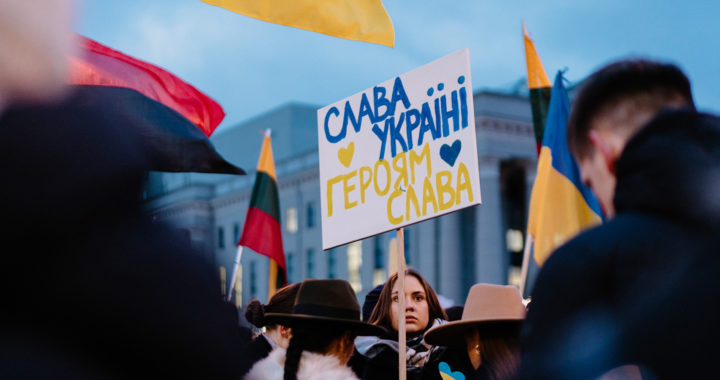Russia and Ukraine have been in conflict since February 2014 following the removal in office of pro-Russian Ukrainian president Viktor Yanukovych on 22 February 2014 and the series of internal sociopolitical turmoil foregoing and succeeding this pivotal event in Ukraine.
But the cause of conflict between Russia and Ukraine has a longstanding historical underpinning that can be traced back to the Russian Empire, the emergence of socialism in Russia, and the founding and eventual disintegration of the Soviet Union.
A Simplified Explainer on the Cause of Conflict Between Russia and Ukraine
Historical Relationship of Russia and Ukraine
Ukraine was under Russian influence that lasted for centuries. Its left-bank territory became part of the Russian Empire in 1667 and its right-bank was annexed further in 1793. Nationalistic sentiments emerged during the late 1800s to early 1900s among several Ukrainians.
The Empire proactively suppressed the advancement of Ukrainian culture to prevent separation. Ukraine tried to break free from Russia after the collapse of the Russian Empire in 1917-1918. However, the Soviet Union was eventually established in 1992.
Ukraine became part of the Soviet Union after the 1917-1921 Soviet-Ukrainian War that. But the disintegration of the Soviet Union in 1991 resulted in Ukraine declaring its independence on 25 August 1991, which was formalized on December 1 of the same year.
Based on the aforementioned, the history between the two countries essentially has been marked by annexation and numerous attempts by Ukrainians to separate from Russian influence and become an independent nation-state.
Pro-Russian Sentiments in Ukrainian Society
The strong Russian influence in Ukrainian society has also resulted in the creation and maintenance of Pro-Russia adherents. A considerable portion of the Ukrainian population believes that they should be part of Russia.
Pro-Russian Ukrainians have advocated for stronger diplomatic and economic ties with Russia to advance further the interest of their country. However, the majority of Ukrainians also believe that their country would fare better under the European Union.
Some Ukrainian government officials have also wanted to be part of the North Atlantic Treaty Organization—a powerful military alliance between Western Countries that include the United States, Germany and France, and the United Kingdom, among others.
Internal Social and Political Conflict in Ukraine
The social and political landscape of Ukraine can be fundamentally divided between the pro-Russian factions and pro-West factions. Some regions in the country have separatist groups that have allegedly been receiving support from the Russian government.
Russia has been vocal in its criticism of the United States and the European Union for what it believes as the West exploiting Ukraine to advance its geopolitical interest in the regions encompassing Eastern Europe, the Black Sea, and Eurasia.
Of course, it is important to note that pro-West adherents collectively represent a powerful voice in the Ukrainian sociopolitical affair. This was evident when former president Viktor Yanukovych rejected an agreement with the European Union.
The Yanukovych government preferred a pivot to Russia. But this move marked an end to his political career. A number of Ukrainians held demonstrations across the country that eventually result in the ouster of Yanukovych on 22 February 2014.
But the removal of the pro-Russian Ukrainian government also inspired pro-Russian Ukrainians to hold their demonstrations. These factions are pervasive in the eastern and southern regions of Ukraine. Several civil unrests and armed conflicts ensued.
Russian Intervention and Crimea Annexation
Western powers and the Ukrainian government have accused Russia of providing pro-Russian Ukrainian separatists with financial and military support as a form of intervening with the internal social and political affairs of Ukraine.
Several de facto nation-states have been declared by pro-Russian factions in 2014. These include the Donetsk People’s Republic, which was formed on 7 April 2014, and Luhansk People’s Republic, which was formed on 27 April 2014.
But Russia denied this allegation. However, note that Russian Armed Forces also began invading Crimea in February 2014 and further annexed the peninsula in March of the same year. Note that Crimea is an internationally recognized Ukrainian territory.
The more specific cause of the modern conflict between Russia and Ukraine is this annexation. Note that the Russian government argued that the people of Crimea wanted to separate from Ukraine because they identified with themselves more with Russia.
From here on, after a series of internal conflicts with Pro-Russian Ukrainians, the alleged intervention of Russia in the Ukrainian internal affairs, and the Annexation of Crimea, the conflict between Russia and Ukraine has been escalating.






